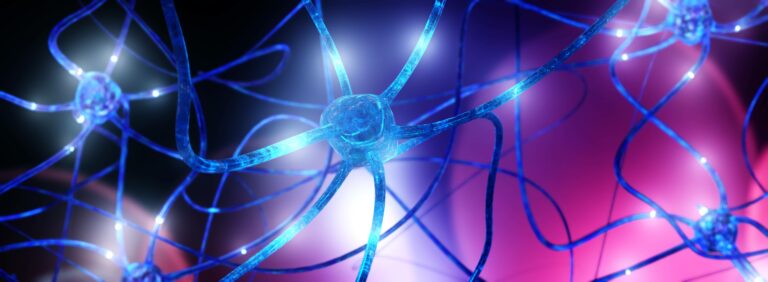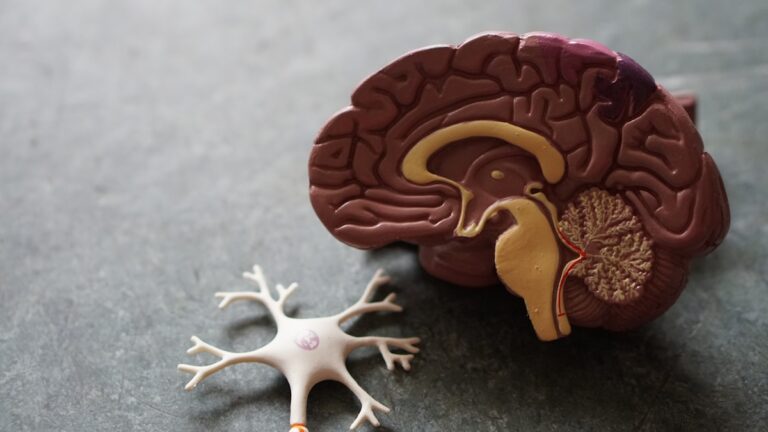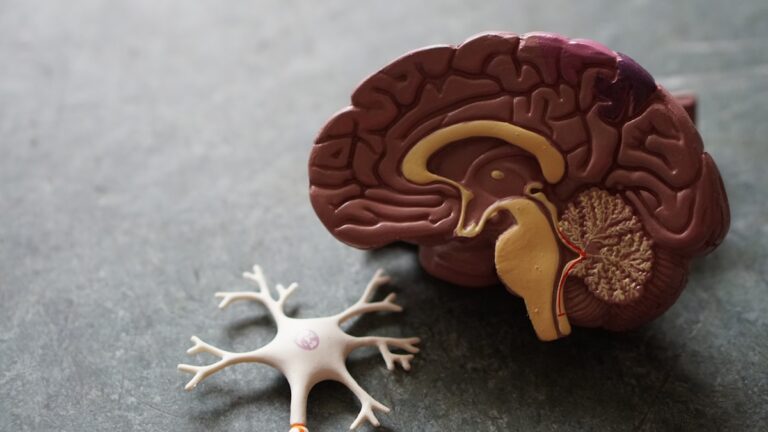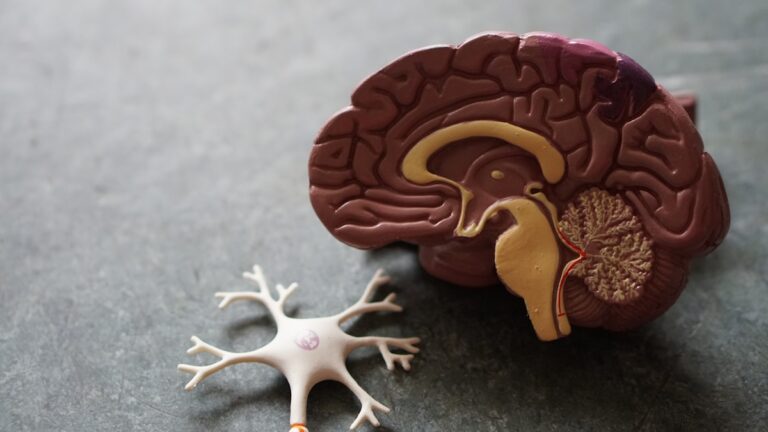Mild cognitive impairment (MCI) and attention deficit hyperactivity disorder (ADHD) are two common conditions that can have a significant impact on a person’s cognitive function and daily life. While they may share some similarities, they are distinct conditions with their own unique characteristics and symptoms. In this article, we will take a closer look at MCI and ADHD, and how they differ from each other.
What is Mild Cognitive Impairment?
Mild cognitive impairment (MCI) is a condition that affects a person’s cognitive abilities, such as memory, language, and decision-making skills. It is often considered to be a transitional stage between normal aging and dementia. While MCI can affect people of all ages, it is more commonly seen in older adults.
MCI is characterized by mild changes in cognitive function that are noticeable to the individual and their loved ones, but do not significantly impact their daily life or ability to perform everyday tasks. These changes can include forgetfulness, trouble finding words, difficulty making decisions, and a decline in overall cognitive function. However, the changes are not severe enough to meet the criteria for a diagnosis of dementia.
Types of Mild Cognitive Impairment
There are two types of MCI:
1. Amnestic MCI: This type affects a person’s memory, making it difficult to remember recent events or information.
2. Non-amnestic MCI: This type affects a person’s thinking abilities, such as problem-solving, decision-making, and language skills.
Symptoms of Mild Cognitive Impairment
The symptoms of MCI can vary from person to person, but some common signs include:
– Memory problems
– Difficulty finding words or expressing thoughts
– Trouble with decision-making or problem-solving
– Difficulty with spatial awareness or navigating familiar places
– Changes in mood or behavior
– Lack of motivation or interest in activities they used to enjoy
Causes of Mild Cognitive Impairment
The exact cause of MCI is still unknown, but researchers believe it may be a result of changes in the brain, such as the accumulation of abnormal proteins or shrinkage of certain brain regions. Other risk factors for developing MCI include aging, family history of dementia, cardiovascular disease, and chronic health conditions such as diabetes and high blood pressure.
Treatment for Mild Cognitive Impairment
There is currently no known cure for MCI, but there are treatment options that can help manage symptoms and slow down the progression of the condition. These may include:
– Medications: There are certain medications that can help improve memory and cognitive function in people with MCI.
– Cognitive training: This involves exercises and activities designed to improve memory, problem-solving, and decision-making skills.
– Lifestyle changes: Adopting a healthy lifestyle with regular exercise, a balanced diet, and engaging in mentally stimulating activities can help improve cognitive function.
What is Attention Deficit Hyperactivity Disorder (ADHD)?
ADHD is a neurodevelopmental disorder that affects a person’s executive functions, such as attention, impulse control, and hyperactivity. It is typically diagnosed in childhood and can persist into adulthood. According to the CDC, approximately 6.1 million children in the United States have been diagnosed with ADHD.
Types of ADHD
There are three types of ADHD:
1. Inattentive type: This type is also known as attention deficit disorder (ADD) and is characterized by difficulty paying attention, forgetfulness, and being easily distracted.
2. Hyperactive-impulsive type: This type is characterized by hyperactivity and impulsivity, making it difficult for a person to sit still or control their actions.
3. Combined type: This is the most common type of ADHD, where a person experiences both inattentive and hyperactive-impulsive symptoms.
Symptoms of ADHD
The symptoms of ADHD can vary depending on the type, but some common signs include:
– Inattentiveness: Difficulty paying attention to details, forgetfulness, and disorganization.
– Hyperactivity: Restlessness, difficulty sitting still, and excessive talking.
– Impulsivity: Acting without thinking, interrupting others, and difficulty waiting for their turn.
Causes of ADHD
The exact cause of ADHD is unknown, but studies have shown that it may be a result of genetic and environmental factors. Children with a family history of ADHD are more likely to develop the disorder. Exposure to toxins during pregnancy and early childhood, as well as premature birth and low birth weight, have also been linked to an increased risk of developing ADHD.
Treatment for ADHD
ADHD is a lifelong condition, but with proper treatment, symptoms can be effectively managed. Treatment options may include:
– Medications: Stimulant medications such as Ritalin and Adderall are commonly prescribed to help improve attention and control impulsivity.
– Behavioral therapy: This type of therapy focuses on teaching coping strategies and improving behavior through positive reinforcement.
– Parent education and training: This can help parents better understand and manage their child’s ADHD and provide support at home.
Mild Cognitive Impairment vs. ADHD
While both MCI and ADHD affect cognitive function, they differ in several ways:
1. Age of onset: MCI is often seen in older adults, while ADHD is typically diagnosed in childhood.
2. Type of symptoms: MCI primarily affects memory and thinking abilities, while ADHD primarily affects attention, impulsivity, and hyperactivity.
3. Progression: MCI can progress to dementia in some cases, while ADHD is a lifelong condition.
4. Treatment: MCI management focuses on slowing down the progression of symptoms, while ADHD treatment focuses on managing symptoms and improving daily functioning.
5. Causes: While the exact cause of MCI is unknown, it is believed to be a result of changes in the brain. ADHD is thought to be caused by a combination of genetic and environmental factors.
In conclusion, while MCI and ADHD may share some similarities, they are two distinct conditions with their own unique characteristics and symptoms. If you or a loved one are experiencing changes in cognitive function, it is important to seek medical advice for proper diagnosis and management. With proper treatment and support, individuals with MCI and ADHD can continue to lead fulfilling lives.





